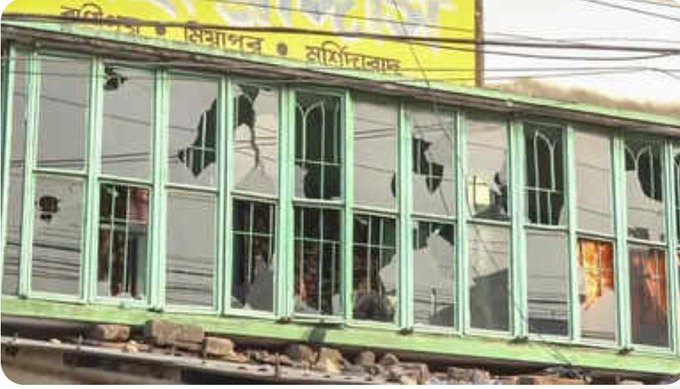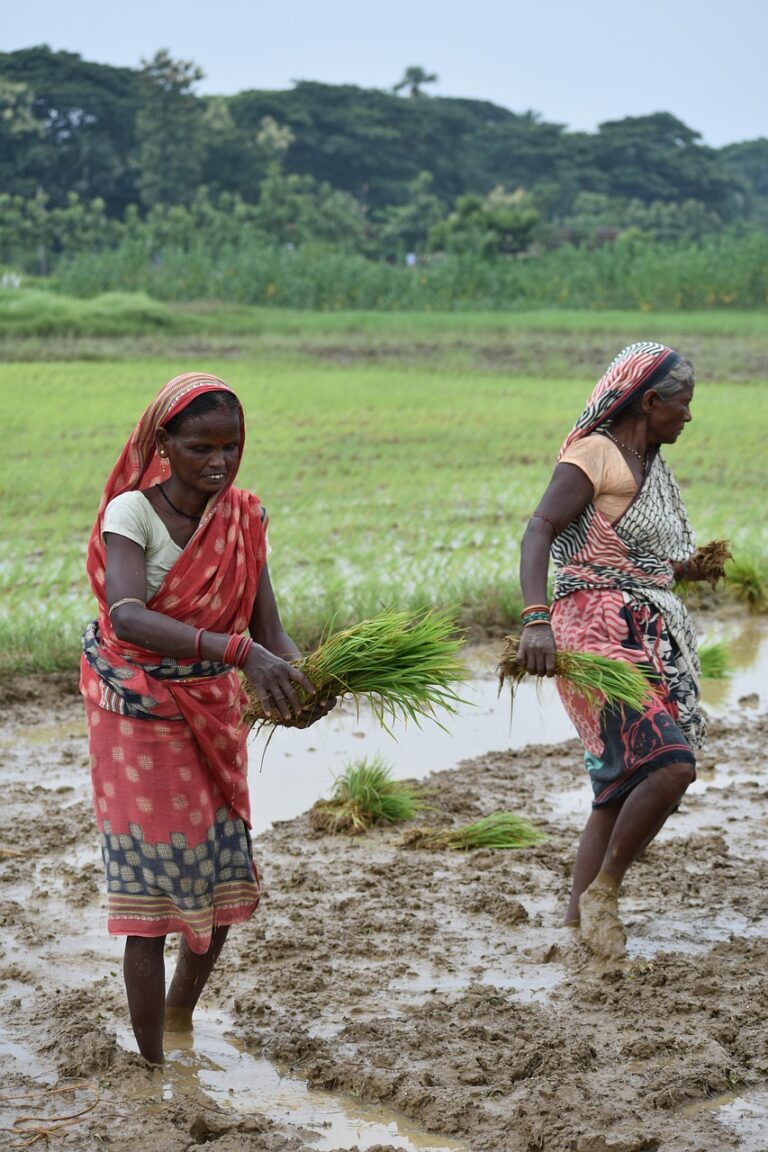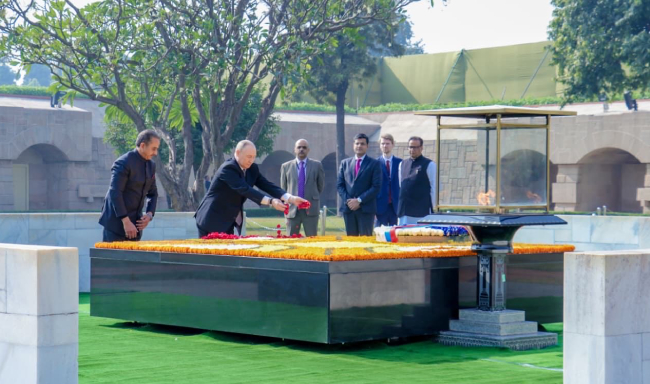
Photo source: @MyThoughts12046|X
Murshidabad/New Delhi: The Calcutta High Court stepped in today to bring calm to West Bengal’s Murshidabad district, ordering central forces to help local police restore peace after days of unrest tied to protests over the Waqf (Amendment) Act, 2025. The clashes have tragically claimed three lives and injured several people, including 18 police officers.
In New Delhi, the Union Home Secretary held a video call with West Bengal’s top officials including the state’s Chief Secretary and Director General of Police (DGP), promising full support as police reported 150 arrests and a situation that’s “tense but manageable”. The Union Home Secretary today assured West Bengal of additional forces to restore calm in Murshidabad, where communal violence has created tension, during a video call with the state’s top officials.
The court’s order came after a petition from Leader of the Opposition Suvendu Adhikari, urging swift action in areas like Suti, Samserganj, Dhuliyan, and Jangipur, where trouble has been worst. Central Armed Police Forces (CAPF) will now work alongside local police, with the court set to review progress on April 17, 2025. West Bengal’s Director General of Police (DGP) Rajeev Kumar, speaking during the video call, said things are under control but need close watch. He’s getting help from nearly 300 Border Security Force (BSF) personnel already in Murshidabad, plus five extra units sent at the state’s request.
In wake of the massive communal disturbance spreading like wildfire throughout West Bengal, I had requested for urgent intervention of the State Government by requisition of Central Paramilitary Forces. The same had not been acceded to by the State. Finding no other alternative,… pic.twitter.com/dZLQkWltmd
— Suvendu Adhikari (@SuvenduWB) April 12, 2025
The Union Home Secretary, in the same meeting, urged West Bengal to keep an eye on other sensitive areas like Malda, South 24 Parganas, and Hooghly, where smaller protests have popped up. The Centre is keeping tabs on the situation and ready to send more help if needed, according to the Press Information Bureau. “We’re here to support the state fully,” the Home Secretary said, stressing the need to get back to normal as soon as possible.
The unrest started on April 8, 2025, after protests against the Waqf (Amendment) Act, which Parliament passed on April 2-3, and President Droupadi Murmu approved on April 5. The law aims to streamline how Waqf properties are managed, but many feel it steps on minority rights, stirring strong feelings. In Murshidabad, with a sizeable Muslim population, things took a violent turn after Friday prayers on April 11. Crowds damaged police vans, buses, and shops, blocked National Highway 12, and vandalised Dhulian railway station.
Among those who lost their lives were Hargobindo Das, 72, and his son Chandan Das, 40, killed in their home in Jafrabad, Samserganj, on Friday night. Another person died from a gunshot in Dhulian, police said. Fifteen officers were hurt trying to manage the crowds, and four rounds were fired Friday evening to break up a chaotic mob. Two protesters were also injured but are recovering, according to the Additional Director General (Law and Order).
Chief Minister Mamata Banerjee has been clear that her government doesn’t support the Waqf (Amendment) Act and won’t enforce it in West Bengal. Posting on X, she reached out to everyone, saying, “I’m asking people of all faiths to please stay calm and hold back. Every life matters so much—let’s not get caught up in political fights that hurt us all.” She pointed to rumours as a big part of the problem and promised tough steps against anyone stirring trouble, adding, “We won’t stand for violence of any kind.”
Right now, parts of Murshidabad and nearby districts are under strict rules, with internet services cut off to stop misinformation. The Rapid Action Force (RAF), state police, and Border Security Force (BSF) are patrolling together, and senior officers are on the ground to keep things steady. DGP Kumar called the violence “planned,” noting how public property was targeted in a coordinated way, and police are still tracking down those responsible.
Politicians have been quick to weigh in, but their words show deep divides. The Bharatiya Janata Party (BJP) says the Trinamool Congress (TMC) government hasn’t done enough to keep people safe, especially Hindus in places like Samserganj and Jangipur. Union Minister Sukanta Majumdar accused the TMC of looking the other way, while Suvendu Adhikari demanded Banerjee step down and called for a National Investigation Agency probe into the railway damage, pointing to “organised attacks.” TMC’s Derek O’Brien fired back, saying the BJP’s push for the Waqf Bill has “lit a communal fuse.” Congress leader Rashid Alvi blamed the Centre for “poking into religious matters” and causing the unrest.
The Waqf (Amendment) Act has sparked debates across India, with opposition parties and religious groups worried about its effect on Waqf boards and community endowments. Protests have also flared in Tripura’s Unakoti district, where 18 police personnel were injured today. At a public event, Banerjee spoke about unity, saying, “Religion is about kindness and humanity. Let’s not twist it into something harmful.”
Murshidabad is still on edge, but the court’s order and the Centre’s backing are steps toward calming things down. Police are asking people not to share unverified news, which they say has made things worse. Both the state and central governments have a tough job ahead—keeping the peace while sorting out the bigger issues around the Waqf law. For now, the focus is on saving lives and rebuilding trust in a shaken community.
– global bihari bureau





